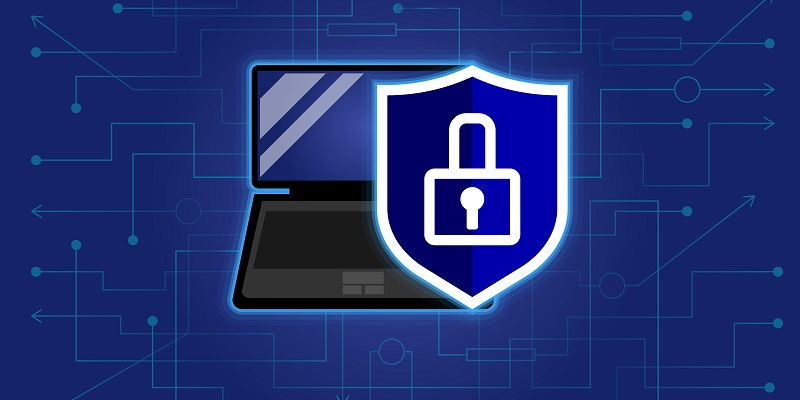In a shocking revelation, revenue cycle management vendor Arietis Health has notified patients from 55 healthcare practices across several states that their sensitive health and personal information may have been compromised in a hack of Progress Software’s MOVEit file transfer application. This article delves into the details of the breach, the response by Arietis Health, and the potential consequences for affected individuals.
Background on the Progress Software’s MOVEit File Transfer Application
MOVEit, developed by Progress Software, serves as a crucial file transfer application utilized by organizations worldwide. Unfortunately, this application recently became vulnerable to exploitation, making it a target for hackers seeking to gain unauthorized access to sensitive data.
Notification and Response by Arietis Health
On May 31, Arietis Health was alerted by Progress Software regarding a critical vulnerability affecting MOVEit. Taking immediate action, Arietis patched its MOVEit server as per the instructions provided by Progress Software. However, this response was deemed too late as the Russian-speaking ransomware group, Clop, had already launched a widespread attack campaign around May 27, exploiting the zero-day vulnerability in MOVEit to steal data from file transfer servers.
Exploitation by the Clop Ransomware Group
The Clop ransomware group has been notorious for launching mass attack campaigns, and the vulnerability in MOVEit provided them with a perfect opportunity to target and compromise thousands of organizations worldwide. The scale of the attack is unprecedented, with numerous entities falling victim to this malicious group.
Unauthorized Access and Data Acquisition
Following an investigation into the incident, Arietis Health found evidence of unauthorized access to their MOVEit server on May 31. It is suspected that certain files containing sensitive patient data from NorthStar healthcare practices may have been acquired by the hackers during the breach.
Scale of the Potential Data Breach
The ramifications of the Arietis Health hack extend widely, potentially impacting patients from a staggering list of 55 healthcare entities scattered across more than 20 states. The compromised information includes names, dates of birth, driver’s license or state identification card numbers, addresses, Social Security numbers, medical record numbers, patient account numbers, health insurance information, diagnosis and treatment details, clinical and prescription information, as well as provider information.
Impact on Other Customers
Despite using MOVEit for file transfers with other clients, Arietis Health assures that the hack did not affect any other customers. This incident appears to be isolated to NorthStar healthcare practices and their associated patients.
Complimentary Credit Monitoring Offer
To mitigate the potential repercussions for affected individuals, Arietis Health is offering complimentary credit monitoring services. This measure aims to provide peace of mind and assist patients in promptly detecting any suspicious activity related to their compromised data.
Security Measures and Future Plans
In response to the breach, Arietis Health has taken several significant steps to fortify its security protocols. Additionally, the company has made the decision to move away from using MOVEit for file transfers, opting for more secure alternatives to safeguard sensitive data.
Global Impact and Statistics
The scope of the MOVEit hacks extends far beyond Arietis Health. According to estimates from security research firm Kon Briefing, as of Wednesday, these hacks have affected a staggering 2,204 organizations and potentially exposed the personal information of up to 65.5 million individuals worldwide. The seriousness of these numbers underscores the urgent need for heightened security measures and improved protocols across the healthcare industry.
The Arietis Health data breach serves as a stark reminder of the persistent threats faced by organizations in protecting sensitive patient information. Healthcare entities must prioritize robust security measures, regularly update their software, and implement stringent protocols to mitigate risks. As the industry moves forward, it is crucial to learn from incidents like this and adopt best practices to ensure data privacy and maintain patient trust.

